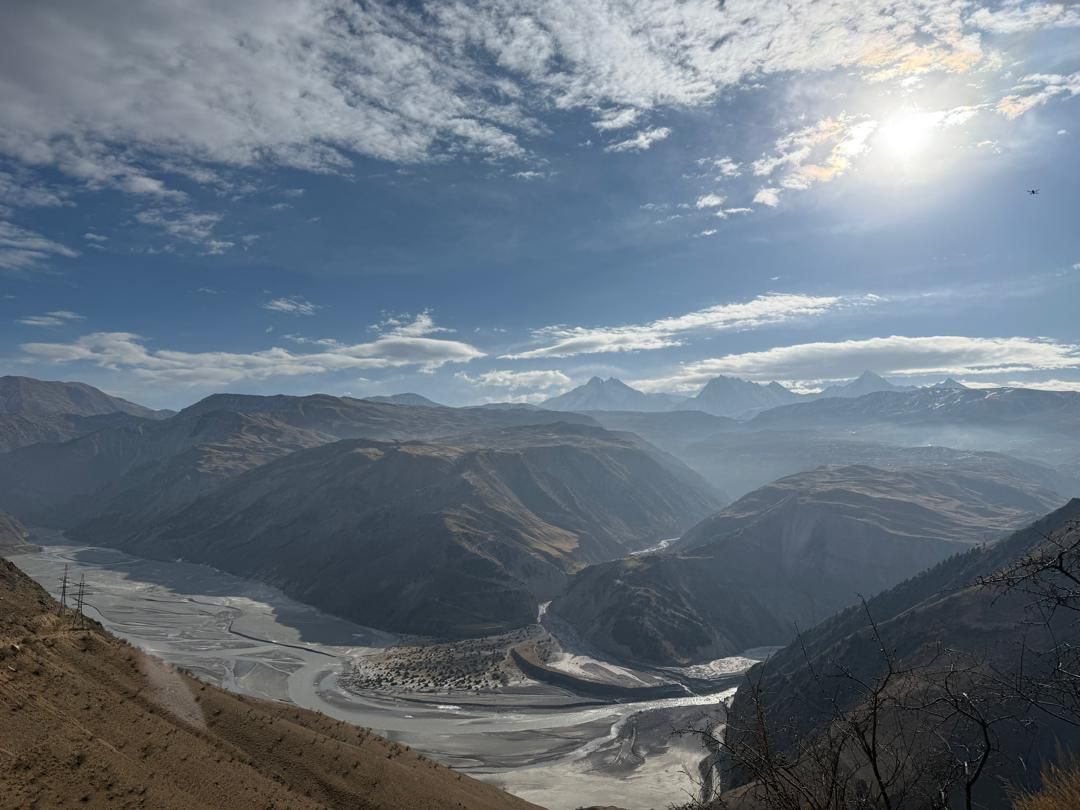Glacier Lake
Outburst Floods
- What are Glacial Lake Outburst Floods?
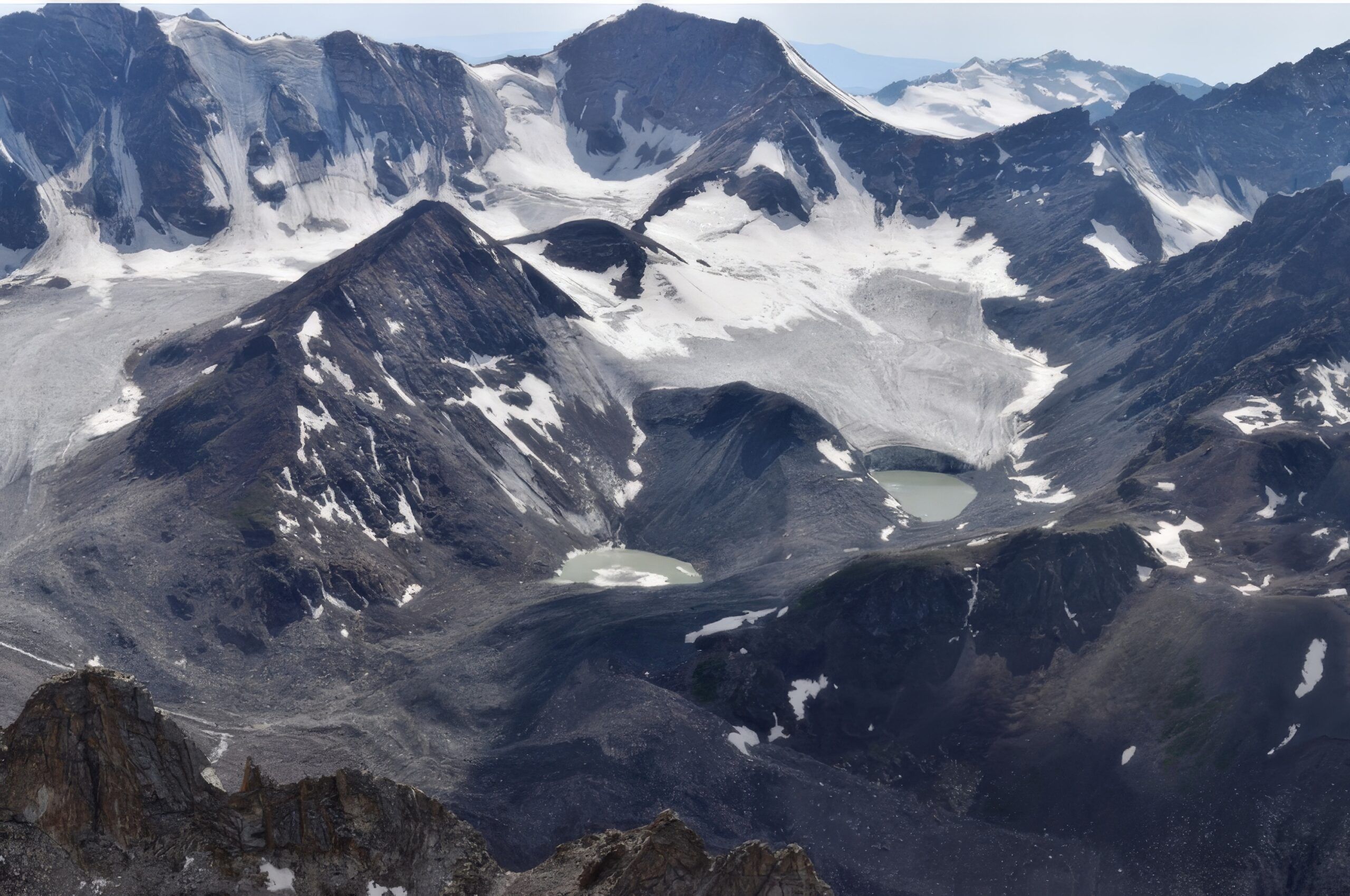
Unstable Glacier Lakes
High-Impact Floods
Cross-Border Hazards
- How Do Ice-Dammed Lakes Form?
- Outbursts from Supraglacial, Subglacial, and Other Lakes
- Moraine-Dammed Lakes:
A Common Risk
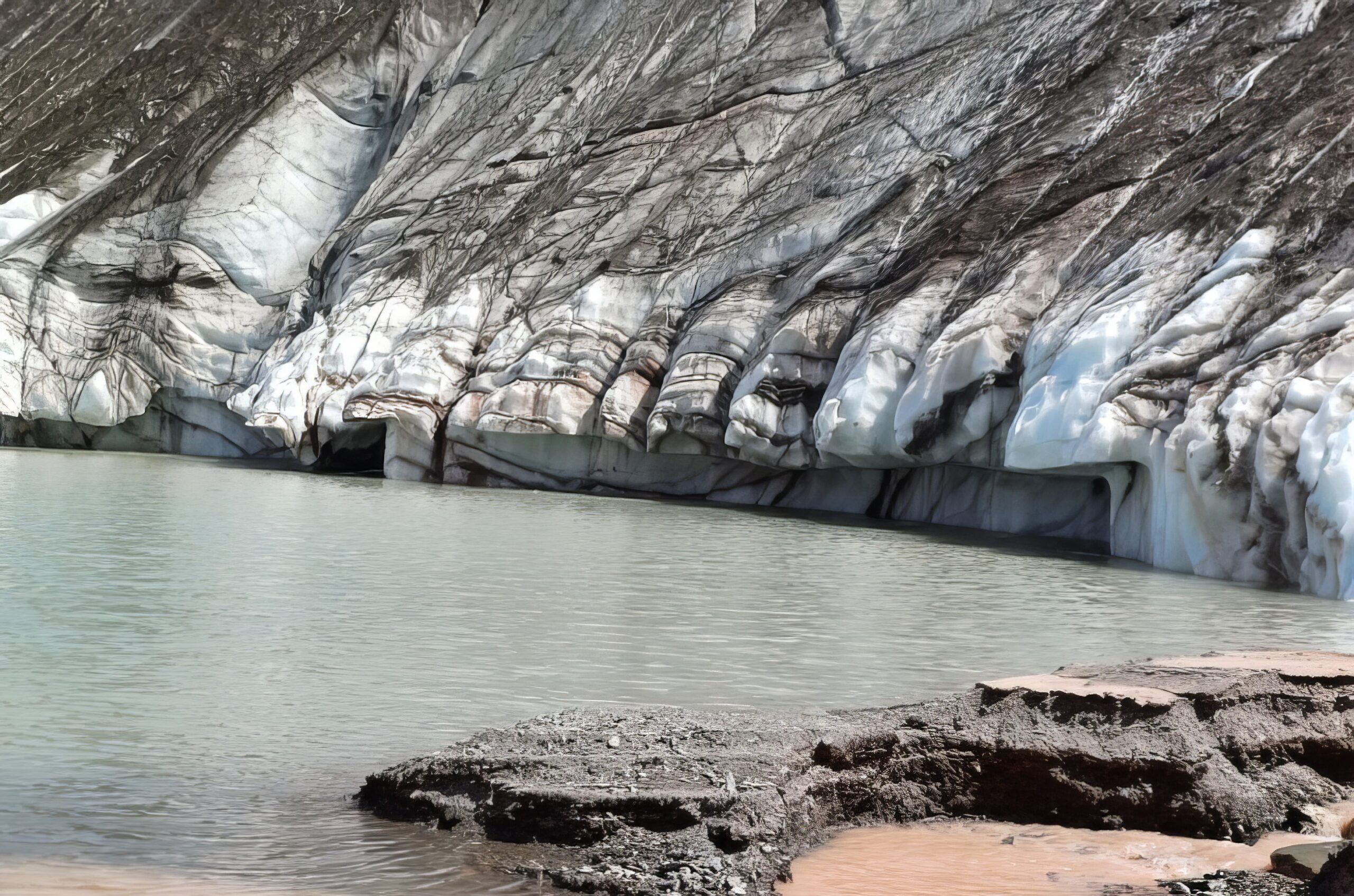
-
Characteristics of GLOFs
Once triggered, GLOFs can mobilize vast amounts of debris and transport massive boulders, especially in steep mountain rivers. This is particularly common in floods from moraine-dammed lakes, which often evolve into debris or mudflows. Compared to regular seasonal floods, GLOFs generate significantly higher discharge rates and erosive power, resulting in greater destruction. Although their intensity typically decreases downstream, GLOFs have been known to travel over 100 kilometres, sometimes affecting areas across national borders (transboundary GLOFs). Secondary hazards such as riverbank erosion, channel blockages, and downstream lake impacts can further compound the risks.
-
Future Risks and the Need for Mitigation
With climate change accelerating glacier melt, more glacial lakes are forming at higher altitudes. At the same time, communities, tourism, roads, and hydropower facilities are expanding into mountain valleys. This rising exposure means the risk of GLOFs is growing. Proactive measures, such as hazard assessments, early warning systems, and regional cooperation, are essential to protect lives and livelihoods.
Source: GAPHAZ 2017
News
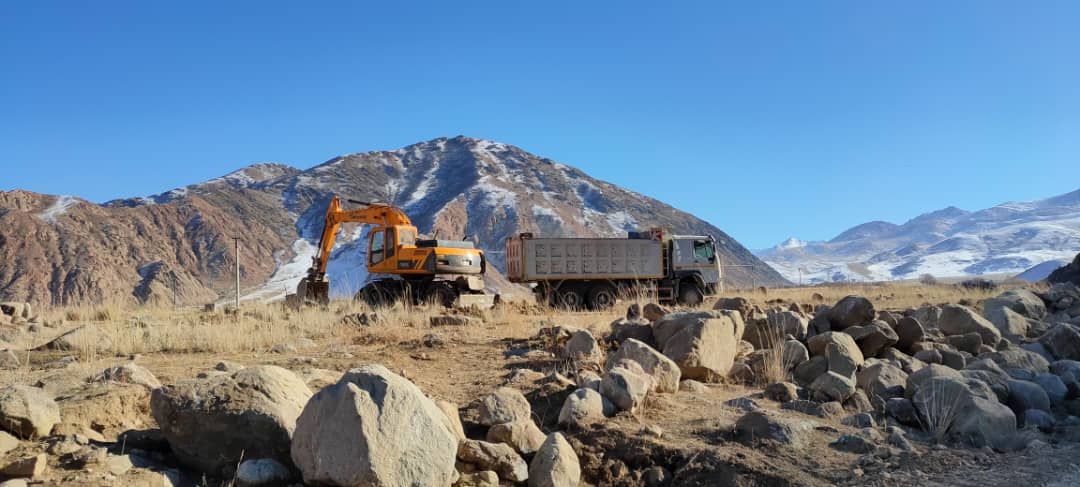
The GLOFCA Project Supports Construction of a Debris Diversion Channel in Tuura-Suu Village, Kyrgyz Republic
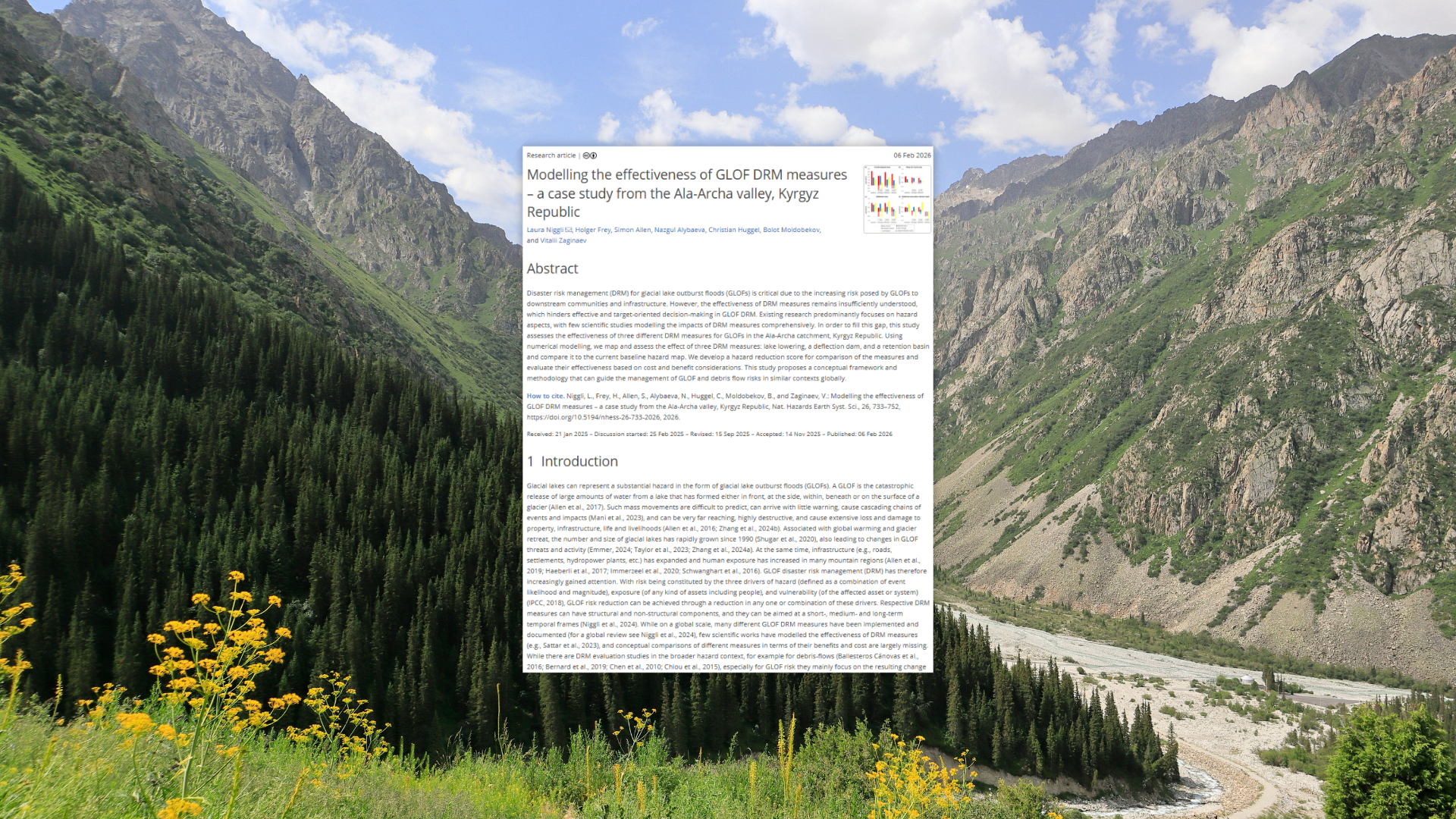
Study on the effectiveness of GLOF DRM measures in the Ala-Archa valley, Kyrgyz Republic
